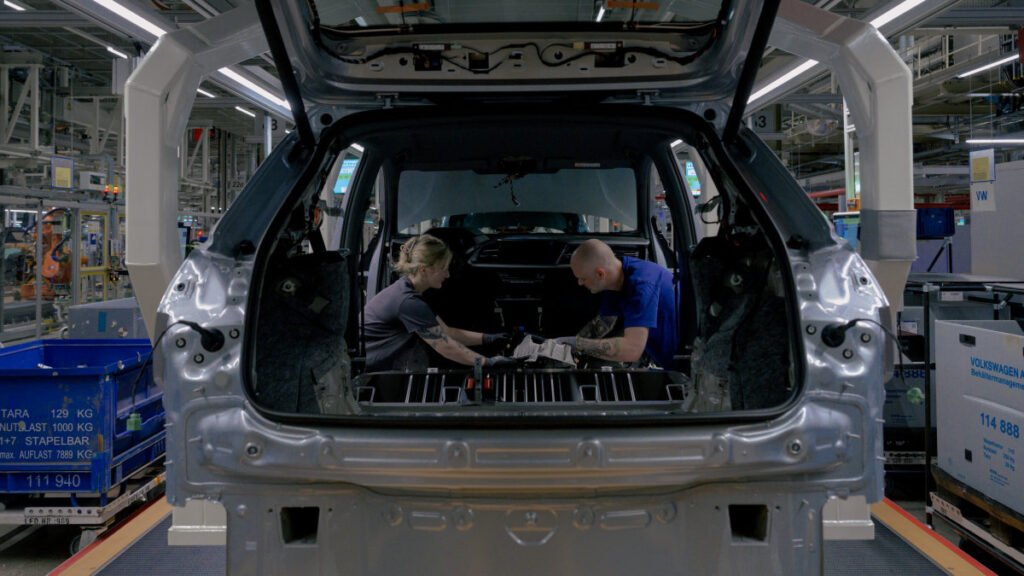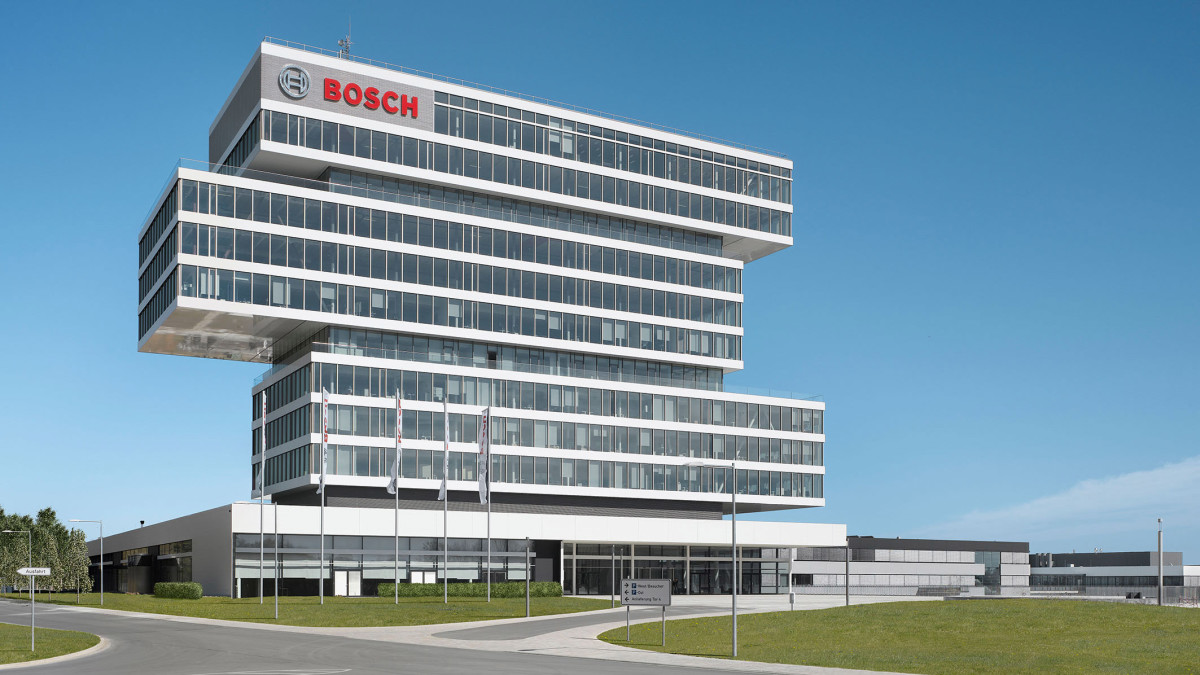
Germany’s once-dominant automotive sector is facing its harshest reckoning in decades. Analysts and trade groups warn that up to 200,000 jobs could disappear over the next few years as the country’s carmakers struggle with falling demand, high production costs, and the painful transition to electric vehicles.
According to data first reported by German media, job reductions are already happening across the supply chain, from legacy engine builders to high-tech component suppliers. A recent study by EY found that Germany has lost nearly 245,000 industrial jobs since 2019, with the sharpest declines inside the automotive sector itself.

What’s Driving the Decline
At the core of the problem is the speed of the EV transition. German automakers are investing billions to electrify their lineups, but those same moves are creating huge redundancies in traditional powertrain production. Suppliers that once thrived on piston rings, gearboxes, and exhaust systems now face shrinking orders as EVs require fewer moving parts and more software.
It’s a challenge not unique to Germany. Similar waves of layoffs are reshaping the global industry. Even automakers investing heavily in electric infrastructure are tightening headcounts to stay profitable, while the same comparable restructuring is happening across Japan’s automotive base.
Germany’s situation is especially precarious because of its deep reliance on automotive exports. Sales to the United States and China, two of its biggest markets, have slumped, while high domestic energy costs and slowing global demand are eroding the sector’s traditional competitiveness.

The Suppliers Hit Hardest
No part of the German supply chain is immune. One of the most significant single-company layoffs is happening at Bosch, as the world’s largest automotive supplier restructures to adapt to electrification. ZF Friedrichshafen and Continental have announced similar reductions, citing automation, cost pressures, and slowing orders from major OEMs.
For smaller parts makers and tool manufacturers, the future looks even more uncertain. Many lack the resources to pivot toward EV components or software, leading to fears of consolidation or outright closures across the country’s industrial belt.

Political and Economic Fallout
The stakes are enormous. The auto industry employs roughly 800,000 people in Germany and underpins the economies of entire regions such as Baden-Württemberg and Lower Saxony. A mass reduction of 200,000 jobs could ripple across related sectors, from logistics and steel to research and development.
Government officials are calling for faster subsidies and workforce retraining programs, but critics argue that the shift has been too slow and fragmented to stem the tide. Germany’s powerful unions are demanding assurances that the country’s EV transformation doesn’t come at the expense of livelihoods built over generations.
Why It Matters
For decades, Germany’s automakers defined efficiency, quality, and engineering leadership. The looming job cuts underscore just how fragile that position has become. As the global shift to electric mobility accelerates, even the most established players are discovering that technological progress comes with a human cost.
What happens next in Germany could set the tone for how Europe navigates its own industrial transformation, balancing innovation with the livelihoods of the workers who built its automotive empire.



